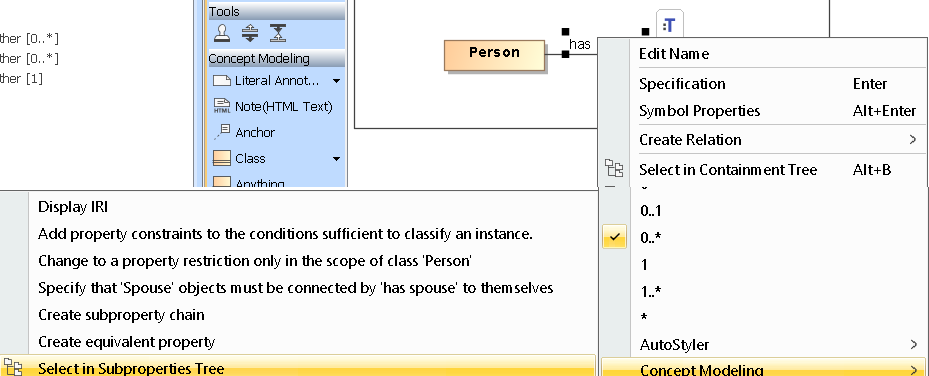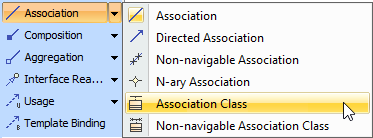

Over several additional classes, the data was reviewed for this anomaly. This was certainly a potential factor in class behavior worth looking at. It was discovered that this particular class was absent of any members preferring divergent thinking. One of the factors in MBTI is related to the preference for convergent thinking or divergent thinking. Near the end of the course is a lesson on personality impacts on systems engineering using Myers-Briggs personality types. As a result, the approach to reviewing the exercises changed from a short discussion of the various findings and alternatives to an instructor led addition of depth and breadth to the analysis and consideration of alternatives that had been missed. The results reflected the lack of time spent in analysis. It was a surprising development when one class repeatedly finished the exercises in a quarter to half of the time expected. This paper outlines the initial observations, impact, and potential for future research.Īfter 20-plus years of teaching systems engineering courses that use reasonably complex problems for the in-class exercises, considerable experience has been gathered on the amount of time it takes to do each exercise and the types of results that should be expected. If this is a valid observation of the general systems engineering field, there are serious implications that must be addressed in the education of systems engineers and in the workplace. A negative impact on exercise results was also noticed. A significant predominance of convergent thinkers and shortage of divergent thinkers has been noticed in a group of systems engineering students. A balance of the two is an essential element of effective systems engineering practice. Convergent thinking narrows the options and leads to a selected solution. All rights reserved.ĭivergent thinking expands both the definition of problem and solution space. Feature ArticleĬopyright © 2018 by Jim Armstrong. “The two forces that have done the most to shape who we are as human beings, both inside and out, and throughout history, are technology and revelation.”īill Viola, quoting Houston Smith in a 2009 interview 2. “Never express yourself more clearly than you are able to think.” “The principles of systems engineering apply almost identically to non-systems.
Magicdraw stereotype grey professional#
Upcoming PPI Participation in Professional Conferences Department of Defense Acquisition Programsġ5. Some Systems Engineering-Relevant Websitesġ0.1 Best Practices for Using Systems Engineering Standards (ISO/IEC/IEEE 15288, IEEE 15288.1, and IEEE 15288.2) on Contracts for U.S.
Magicdraw stereotype grey software#
News on Software Tools Supporting Systems Engineeringħ.4 Focusing Change Management Where It Countsħ.5 The Department of the Navy (USA) Systems Engineering Career Competency Modelħ.6 Risk Management for Project Driven Organizations: A Strategic Guide to Portfolio, Program, and Project Management Organization SuccessĨ.1 Educating the Systems Engineers of the FutureĨ.2 Systems Engineering at Rochester Institute of TechnologyĨ.3 Postdoctoral Fellowship: The Psychology of Decision Making in Systems Designĩ. Project Performance International USA Inc.Ģ.1 Divergent Thinking in Systems Engineering Practice: Is There a Shortfall?Ĥ.1 29th Annual INCOSE International Symposium 2019 Call for SubmissionsĤ.2 The US Department of Defense Announces Digital Engineering StrategyĤ.3 From Grassroots to Classroom in Australia: How one Humble Event Turned into a State-wide Curriculum ResourceĤ.4 Cadets Lead Workshop in Detroit, MichiganĤ.5 Airbus and Georgia Tech Open the Center for Model-Based Systems Engineering (MBSE)-enabled Overall Aircraft Design (OAD)ĥ.3 Macau Association of Systems Engineering (MASE)Ħ.Upcoming conferences in which PPI is participating.Systems Engineering-Relevant Conferences and Meetings Worldwide.Project Risk and Opportunity Management.

Project & Engineering Management Menu Toggle.Software Requirements Analysis & Specification Writing.Requirements Engineering (English Second Language).Requirements Analysis and Specification Writing Fundamentals.




 0 kommentar(er)
0 kommentar(er)
